Future Of Microsoft-Activision Merger Uncertain After FTC Appeal
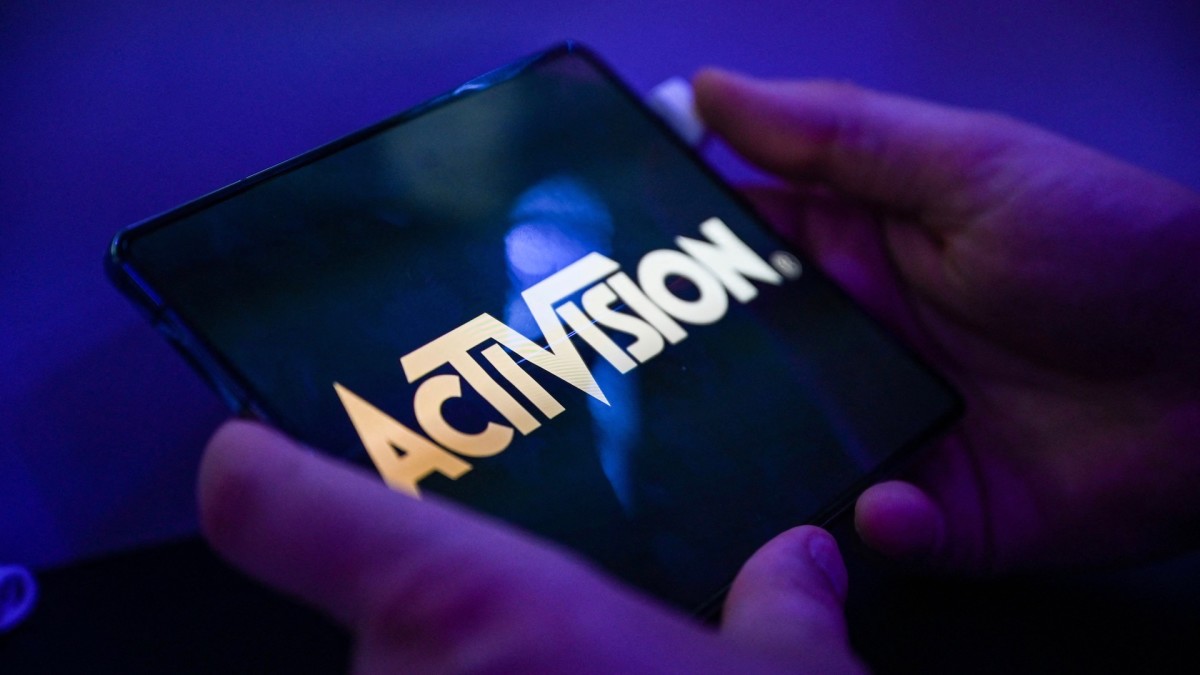
Table of Contents
The FTC's Appeal and Its Rationale
The FTC's core concern revolves around antitrust issues and the potential for the Microsoft-Activision merger to harm competition within the gaming market. The commission believes the acquisition could significantly reduce competition, particularly in several key areas.
-
Reduced competition in the gaming console market (Xbox vs. PlayStation): The FTC argues that Microsoft's ownership of Activision Blizzard's extensive portfolio, including blockbuster franchises like Call of Duty, would give Xbox an unfair advantage over its competitors, especially Sony's PlayStation. This could lead to higher prices, reduced innovation, and less consumer choice.
-
Potential for Microsoft to leverage its ownership of Activision Blizzard titles to stifle competition: The FTC worries that Microsoft might make Call of Duty and other popular Activision Blizzard titles exclusive to Xbox, or offer them on competing platforms at a significant disadvantage. This could harm PlayStation's market share and ultimately limit consumer choice.
-
Impact on subscription services like Game Pass: The FTC also expresses concern that Microsoft could use the merger to further strengthen its Game Pass subscription service, potentially making it even more difficult for competitors to attract subscribers. This could lead to a less dynamic and innovative subscription market.
-
The FTC's argument for maintaining a competitive gaming marketplace: The overarching argument from the FTC is that this merger would substantially lessen competition, harming consumers in the long run. They are committed to preserving a diverse and competitive gaming ecosystem.
The FTC's legal strategy likely centers on demonstrating that the potential anti-competitive effects outweigh any potential benefits of the merger. They will likely present economic models and expert testimony to support their claims.
The UK's CMA Decision and Its Influence
The UK's Competition and Markets Authority (CMA) initially blocked the Microsoft-Activision merger, citing concerns similar to those raised by the FTC. However, a recent UK court overturned the CMA's decision, significantly altering the landscape of the legal battle.
-
Key arguments presented by Microsoft and Activision in the UK court case: Microsoft and Activision successfully argued that the CMA's concerns were unfounded and that the merger would not substantially lessen competition. They presented evidence of their commitment to keeping Call of Duty available on multiple platforms.
-
The significance of the UK court ruling on the global regulatory landscape: The UK court's decision is a significant victory for Microsoft and Activision, potentially weakening the FTC's case. It suggests that some of the FTC's concerns might not hold up under scrutiny in other jurisdictions.
-
The impact of the UK decision on the FTC's appeal strategy: The UK ruling adds pressure on the FTC. They will need to present compelling evidence to counter the UK court’s decision and demonstrate that the merger poses a significant threat to competition in the US market.
The UK decision doesn't guarantee the merger's success, but it does significantly influence the overall legal battle, potentially shifting the burden of proof onto the FTC.
Microsoft's Response and Future Strategies
Microsoft has expressed its unwavering commitment to the acquisition and plans to vigorously defend it against the FTC's appeal. They are likely to employ several strategies.
-
Microsoft's commitment to the acquisition: Microsoft has repeatedly stated its belief that the merger will benefit consumers by bringing together great games and innovative technologies.
-
Strategies Microsoft might employ to address FTC concerns: Microsoft might offer concessions, such as legally binding agreements to keep Call of Duty on other platforms for a specific period, or divest certain assets to alleviate competition concerns. They will also rely on their legal team to present counterarguments to the FTC's claims.
-
Potential financial implications for Microsoft if the merger fails: A failed merger would represent a significant financial loss for Microsoft, potentially impacting its stock price and future investment strategies.
Microsoft's response highlights its determination to acquire Activision Blizzard, but it also acknowledges the need for strategic compromises to navigate regulatory hurdles.
Impact on the Gaming Industry and Consumers
The outcome of the Microsoft-Activision merger will have far-reaching consequences for the gaming industry and consumers alike.
-
Potential changes in game pricing and availability: If the merger succeeds, the pricing and availability of Activision Blizzard titles could change, potentially impacting consumer spending.
-
The impact on game development and innovation: The merger could either stifle or spur innovation depending on how Microsoft integrates Activision Blizzard's studios and resources.
-
The future of gaming subscriptions and streaming services: The merger’s impact on Game Pass and other subscription services remains uncertain.
-
Consumer benefits and drawbacks of the merger: Consumers might benefit from improved game quality, access to new titles, or more innovative services. However, drawbacks could include reduced competition, potentially higher prices, and less consumer choice.
The ultimate impact on the gaming landscape will depend heavily on the merger's outcome and the resulting competitive dynamics.
Conclusion
The Microsoft-Activision merger remains highly uncertain following the FTC's appeal. The outcome will significantly shape the future of the gaming industry, influencing competition, game pricing, and consumer access to titles. The FTC's concerns regarding antitrust issues, countered by Microsoft's arguments and the UK court's decision, highlight the complex regulatory challenges associated with such large-scale acquisitions. The interplay between the FTC's appeal, Microsoft's strategies, and the broader regulatory landscape will determine the ultimate fate of this landmark deal.
Call to Action: Stay updated on the latest developments in the Microsoft-Activision merger saga. Follow our blog for regular updates and in-depth analysis of the legal proceedings and their impact on the future of gaming. Keep abreast of all developments regarding the Microsoft-Activision merger and its implications.

Featured Posts
-
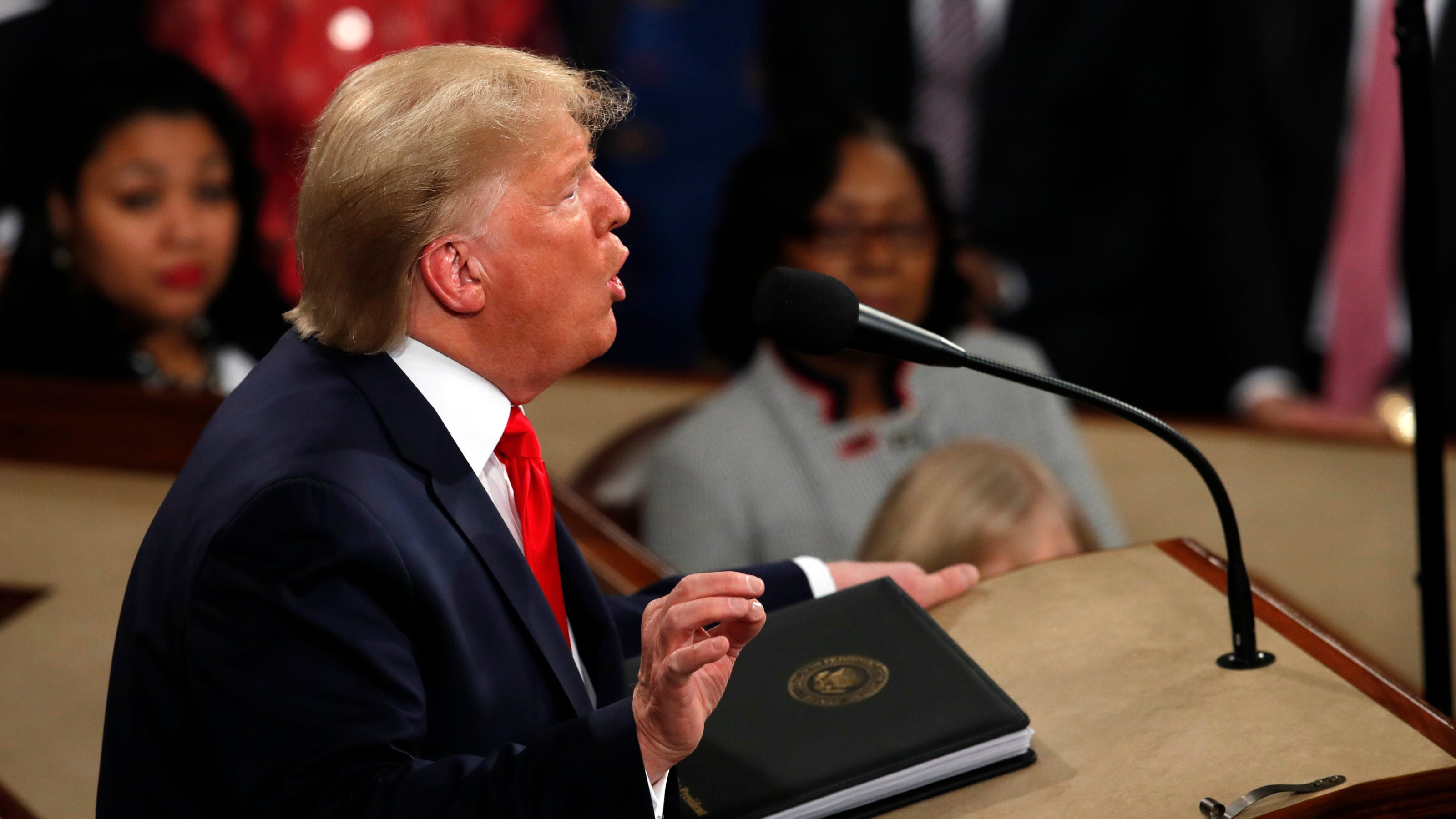 Assessing The Nationwide Impact Of Trumps Campus Crackdown
Apr 28, 2025
Assessing The Nationwide Impact Of Trumps Campus Crackdown
Apr 28, 2025 -
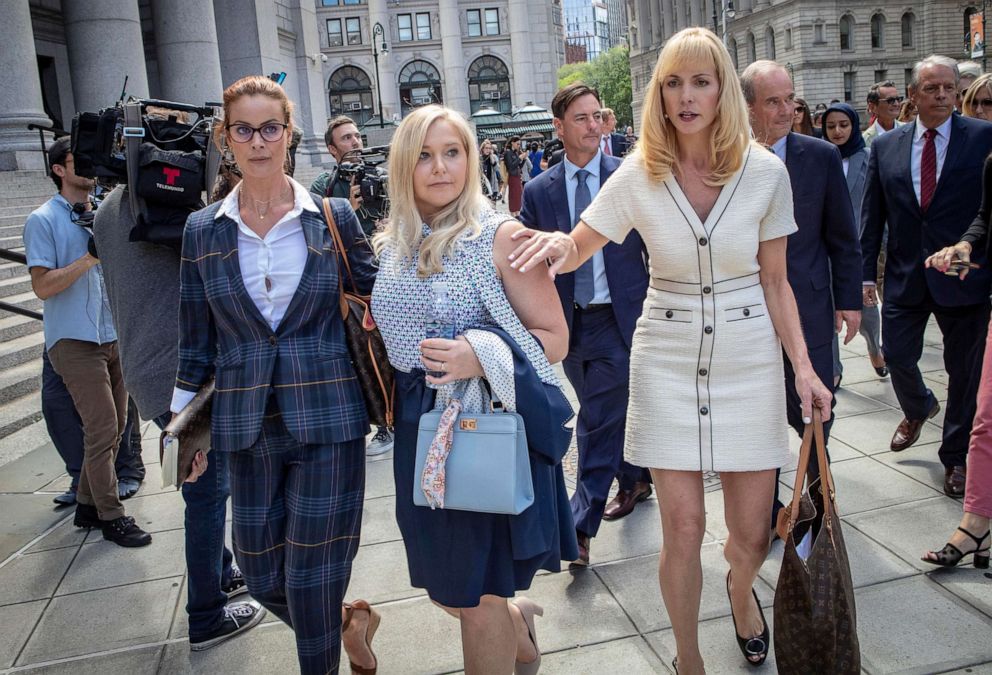 Death Of Virginia Giuffre Remembering The Epstein Accuser
Apr 28, 2025
Death Of Virginia Giuffre Remembering The Epstein Accuser
Apr 28, 2025 -
 Virginia Giuffre Her Life Her Accusations And Her Death
Apr 28, 2025
Virginia Giuffre Her Life Her Accusations And Her Death
Apr 28, 2025 -
 Market Downturn A Case Study Of Professional Selling And Individual Purchasing
Apr 28, 2025
Market Downturn A Case Study Of Professional Selling And Individual Purchasing
Apr 28, 2025 -
 Lab Owners Guilty Plea Faked Covid 19 Test Results During Pandemic
Apr 28, 2025
Lab Owners Guilty Plea Faked Covid 19 Test Results During Pandemic
Apr 28, 2025
Latest Posts
-
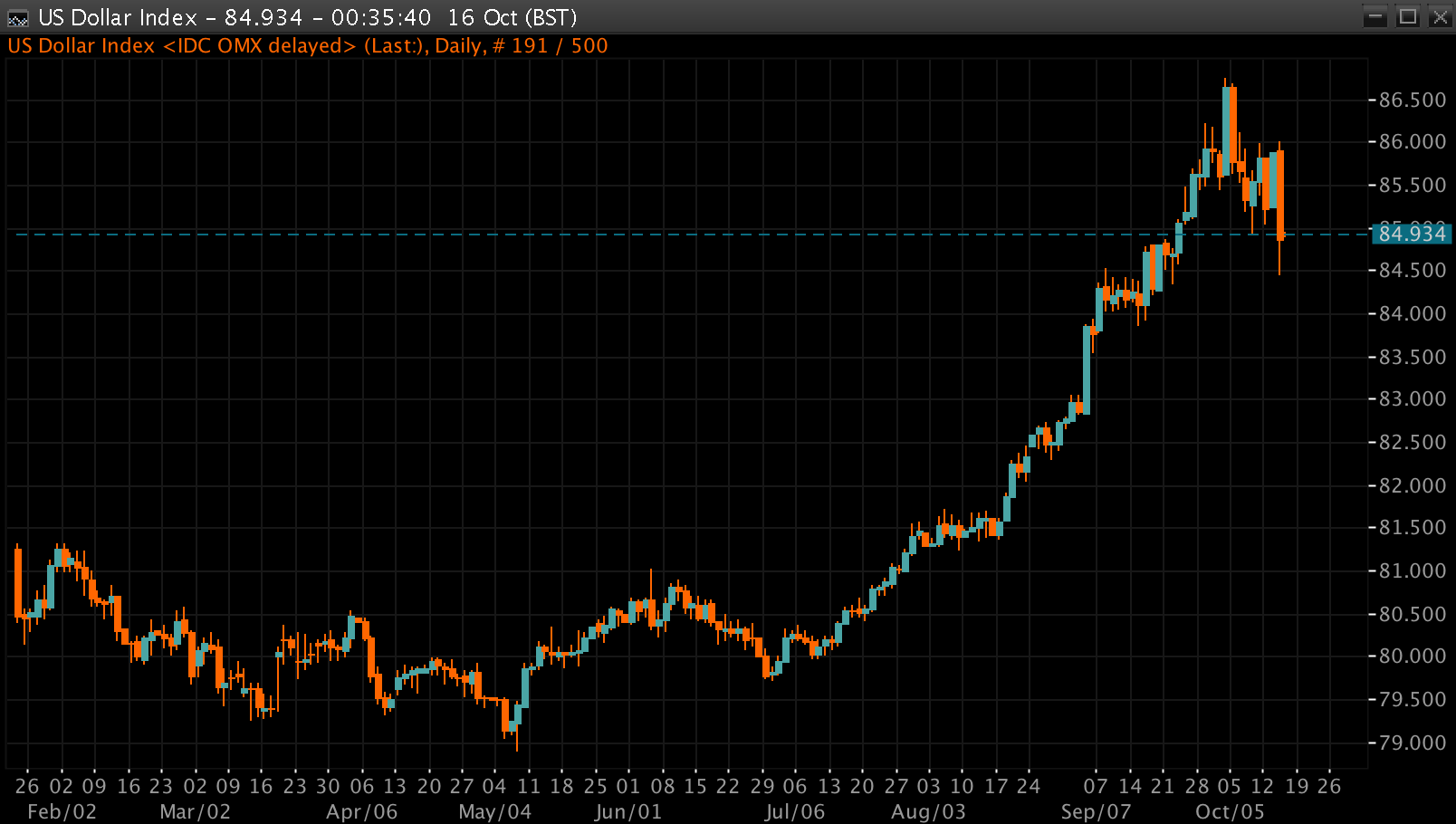 Nixons Shadow A Look At The Current U S Dollars Performance
Apr 28, 2025
Nixons Shadow A Look At The Current U S Dollars Performance
Apr 28, 2025 -
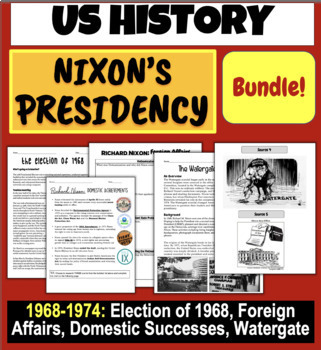 U S Dollar Weak Start To Presidency Mirrors Nixon Era
Apr 28, 2025
U S Dollar Weak Start To Presidency Mirrors Nixon Era
Apr 28, 2025 -
 Yukon Legislature Mine Managers Testimony Sparks Contempt Threat
Apr 28, 2025
Yukon Legislature Mine Managers Testimony Sparks Contempt Threat
Apr 28, 2025 -
 Contempt Of Parliament Yukon Politicians Confront Mine Manager
Apr 28, 2025
Contempt Of Parliament Yukon Politicians Confront Mine Manager
Apr 28, 2025 -
 Yukon Mine Manager Faces Contempt After Refusal To Answer Questions
Apr 28, 2025
Yukon Mine Manager Faces Contempt After Refusal To Answer Questions
Apr 28, 2025
